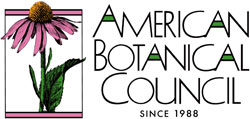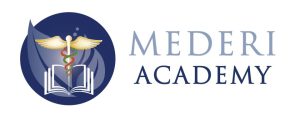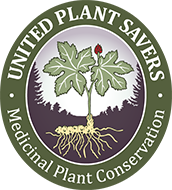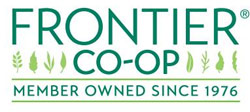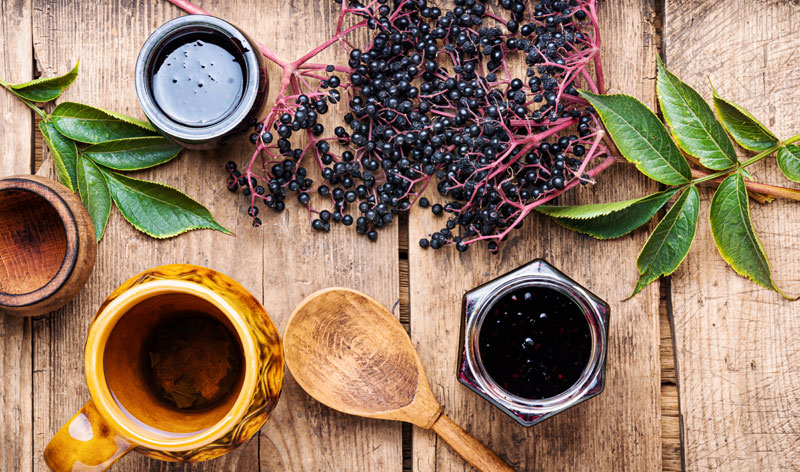
The following are summaries from the most recent Medicines from the Earth Herb Symposium. The presentations in this post include building immunity from childhood, environmental causes of immune deficiencies, and investigating the connection between aging and immunity.
Keeping Kids Healthy
Mary Rondeau ND, RH(AHG), speaks from direct clinical experience on the use of botanicals and nutrients (including common kitchen ingredients) for managing pediatric immune issues and reducing the use of pharmaceuticals. She then goes on to describe specific pediatric health concerns and provides clinicians with essential botanical interventions.
A guide for parents on making dietary changes as a family and teaching healthy eating habits to their children is presented, including specific tips for substituting bioflavonoid-rich foods for non immune-supportive foods.
The connection between diet and elimination are examined within the context of age-related patterns. Diagnosing elimination problems relative to the age of a child provides the fundamental framework for recommendations that will increase fiber intake in children and includes better hydration by introducing more soluble fiber foods that children will eat.
Upper respiratory infections, acute otitis media, fever, and acute gastrointestinal distress are the specific patient presentations that are reviewed. Recommended botanicals that inhibit virus replication, support immune function, and provide immune modulators also include tips that facilitate creative ways to get a child to consume the medicine. Throughout the lecture, she details botanical strategies and provides resources that are beneficial in the clinical approaches to the immune health of children. More: Audio | Video
Lymphagogues and Alteratives: Lessons in Herbal Immunology
Kenneth Proefrock, ND, describes the physiology of the lymphatic structures as a basis for understanding the reliance of immunity on lymphatic architecture. The properties of the lymphatic organs and their activity in “coordinating the movement of antigen and immune cells” are analyzed. Integrating immunology with organ physiology is a crucial step toward managing many complex pathologies.
 Summarizing the arc of scientific understanding of the lymphatic structures from Hippocrates to the 20th century, Kenneth Proefrock presents a historical framework for understanding the function of lymphatic organs. He then covers the regulatory capabilities of lymphocytes as mediators of the human microbiome, and describes the primary lymphoid organs including the thymus gland and mucosa-associated lymphoid tissues (MALT).
Summarizing the arc of scientific understanding of the lymphatic structures from Hippocrates to the 20th century, Kenneth Proefrock presents a historical framework for understanding the function of lymphatic organs. He then covers the regulatory capabilities of lymphocytes as mediators of the human microbiome, and describes the primary lymphoid organs including the thymus gland and mucosa-associated lymphoid tissues (MALT).
Current research on the intrinsic and extrinsic effects on lymph movement are examined, along with the applicable botanical medicines. Immune stimulants, including lymphagogues, and alteratives, can improve overall lymph system function, including inflammatory responses. The inevitable convergence of immunology with other disciplines through their shared reliance on the lymphatic system has important implications for various inflammatory and other diseases.
An explanation of the appropriate applications of alteratives and lymphagogues concludes the lecture. More: Audio | Video
Pre-conference Intensive: Mitigating the Effects of Glyphosate and other Environmental Toxins for the Prevention of Chronic Disease and Health Optimization – the Application of Hormesis and Herbal Medicine
Donald Yance, RH (AHG), says that protecting our health in the face of widespread use of environmental chemicals as one of the most pressing challenges of our times: Particular attention is given to the herbicide glyphosate as one of the leading environmental toxins in the world today.
The chemical makeup of glyphosate, how it can damage our health, what the relationship is of the glyphosate in our food supply to health conditions (including gluten intolerance/sensitivity, antibiotic resistance, and disruption of endocrine balance) are several of the topics addressed. Current research has shown that endocrine disruption can lead to a whole host of health problems, including obesity, cancer, infertility, and depression.
The lecture details the concept of hormesis, and how low-level exposure to stressors, including toxic substances, can make us healthier and more robust. He describes how to mitigate, detoxify, and protect our health using herbal and nutritional medicine. The lecture also explores how these medicines can work in concert with hormesis to expand the dynamic range of health stability, building the four life requirements of energy, protection, adaptation, and reproduction. More: Audio | Video
Panel: Clinical Approaches to Immune-Centered Illness
Mary Bove, ND, Chanchal Cabrera, RH (AHG), and Katie Stage, ND, RH (AHG)
Mary Bove, ND, moderates this panel discussion by introducing the understanding of botanical use affecting immune system health within a forty-year evolution resulting in a current compendium of knowledge and application.Within the context of clinical experience, each speaker presents their approach to immune-centered illness in patients.
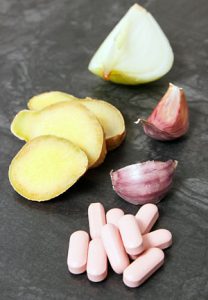
Katie Stage, ND, RH (AHG) describes autoimmune conditions and her approach to working with patients to find triggers by conducting assessments, applying lab results, that allow her to establish appropriate individual treatment plans. She further defines her treatment approach to improve vitality/resilience, decrease inflammation, and culture a healthy microbiome.
Chanchal Cabrera, RH (AHG) explores the methodologies used to assess patients presenting with immune disorders in her clinic. She describes her strategic approach as a “logical linear progression” that facilitates botanical interventions to improve and sustain a healthy immune system. More: Audio | Video
Addressing Immune Health through the Ages: Infants to Seniors
Mary Bove, ND, addresses immune health for all ages and what can be done to support this vital system. The lecture begins with a review of the innate and adaptive human immune systems and then characterizes the effects of aging within functions of the immune system.
She elaborates on food as medicine for each stage of life. A review of the current science on the application and dosing of herbs for immune health with rapid response remedies for use as foods, beverages, and supplements concludes the lecture. This includes echinacea species, elderberry, astragalus, medicinal mushrooms, oregano, garlic, onions, and ginger. More: Audio | Video



